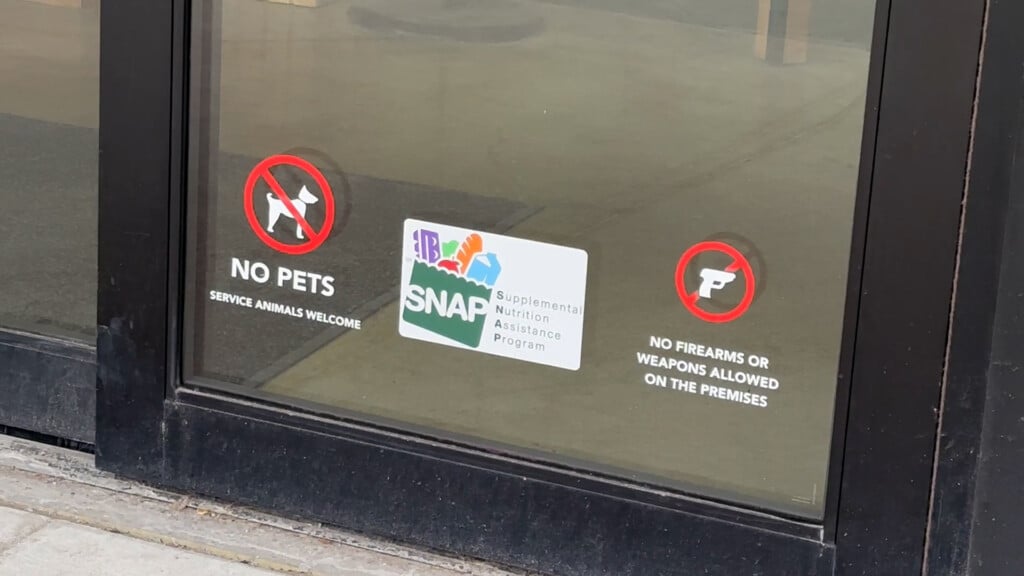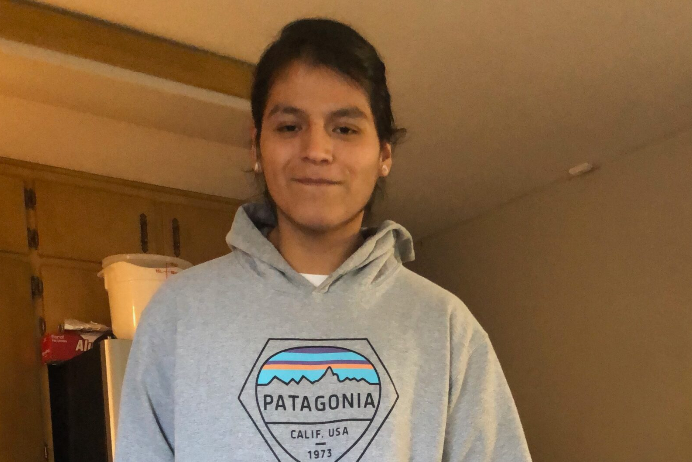Nebraska is home to a team of experts fighting terror
UNO center brings experts from across the country to Nebraska to fight big problems
OMAHA, Neb. (KLKN) – The University of Nebraska-Omaha’s National Counterterrorism Innovation, Technology, and Education Center (NCITE) is part of an elite group that is conducting research for the U.S. Department of Homeland Security Center of Excellence. While that sounds very impressive, what do they actually do at NCITE?
Director Gina Ligon puts it simply: “We are studying all aspects across the ideological spectrum. We study domestic terrorism and we study international terrorism. Any terrorism that is aimed at hurting people in the United States is part of our mandate.”
Ligon pulled together a crack team to fulfill that mandate, with members coming from such diverse places as Washington, D.C., Penn State University, and here at home in Nebraska. In addition to diverse places of origin, this team has a great diversity of skills.
Matt Allen, who recently made the move from our nation’s capital to Omaha to join the team, specializes in management and has years of research experience under his belt. He says, “It feels like a very experienced group, but it also feels like a startup, too, like we’re really getting together and this is the start of something big and something special.”
Others come from backgrounds in criminology, political science, IT, and more. For instance, there is Joel Elson, who is an assistant professor of IT innovation. His skills are being used in concert with Erin Kearns, an assistant professor of criminology. Together they’re working on using a chatbot to improve identification and reporting of suspicious activity.
Elson says, “We’re all sitting down at the same table, discussing research problems and bringing our own skills and abilities to the table.”
Kearns agrees, speaking of “the strength of a team that is tackling these really big and really important problems from such different perspectives that just builds strength in the way that we think about issues.”
Those issues of violence and terror are constantly evolving, which is why this group of experts believes they’re only able to accomplish their goals together.
That’s part of why Sam Hunter left behind a dream job as a tenured professor at Penn State. “The chance to work with folks from such different backgrounds and tackle a problem that really requires all those different forms of expertise was a huge selling point”, he explains. “I think the only way we can solve the problems that we’re facing is by working together across disciplines.”
Their current location is yet another aspect of why NCITE can make a big impact. There just haven’t been many terrorism centers in this part of the country. For example, Ligon says Nebraska presents a unique target for terrorists, given the influence of agriculture. “How can we develop research to keep our agriculture safe as a critical infrastructure from attacks both in the supply chain and the actual physical spaces in Nebraska”, she asks.
The work isn’t limited to Nebraska, of course. National and international partners play a role as NCITE grows. They’re very quickly gaining momentum, that they should carry into the future.
“One of my expectations for the Center as we move forward is that we’ll continue to collaborate and leverage that interdisciplinary nature of our research team”, says political science assistant professor Austin Doctor. “I think that’s a differentiator that we bring to the table.”
This is the first part of a 2-part look into NCITE. Check here again tomorrow to learn more about the intriguing details of their work.



